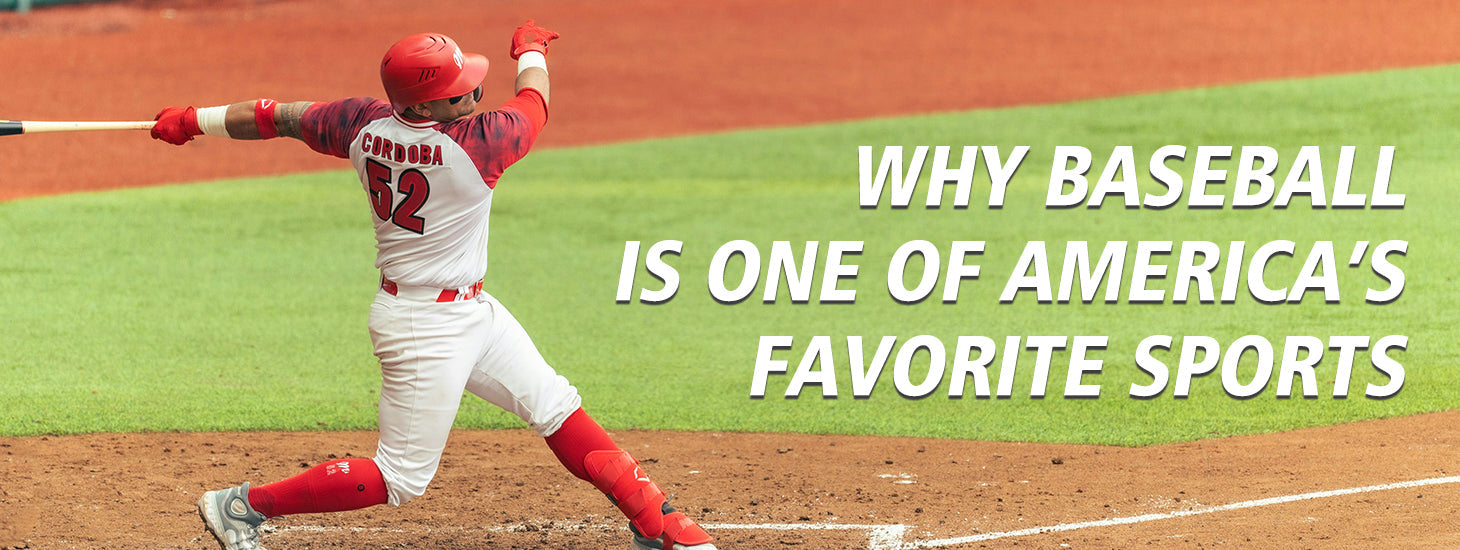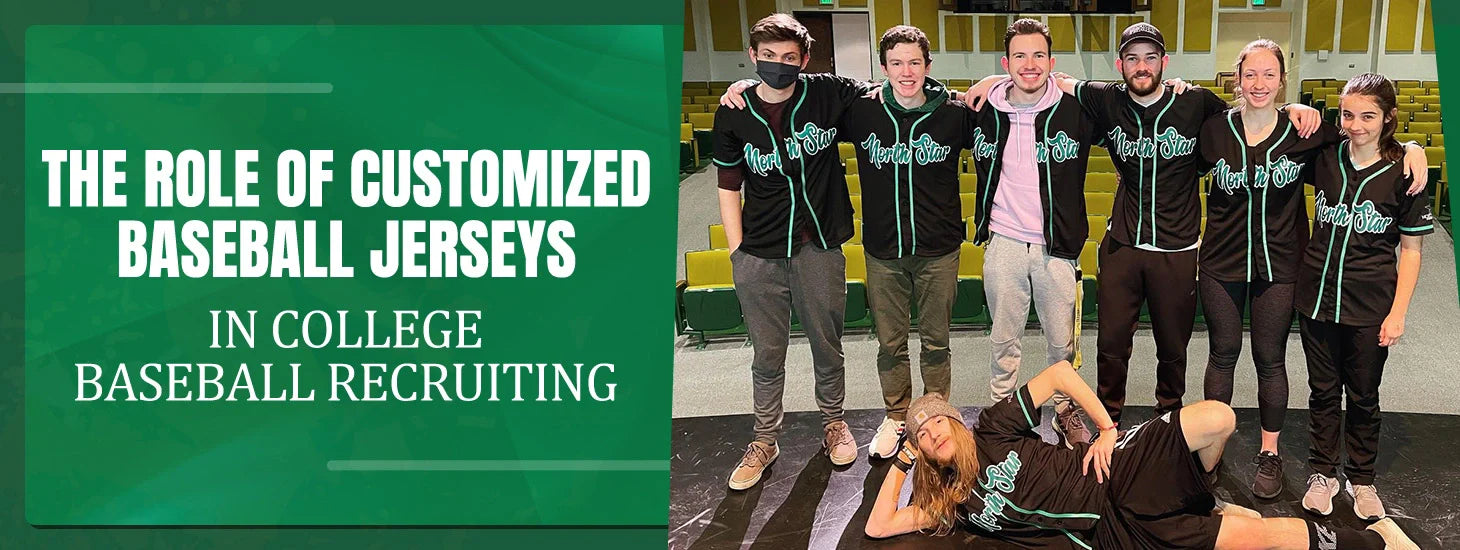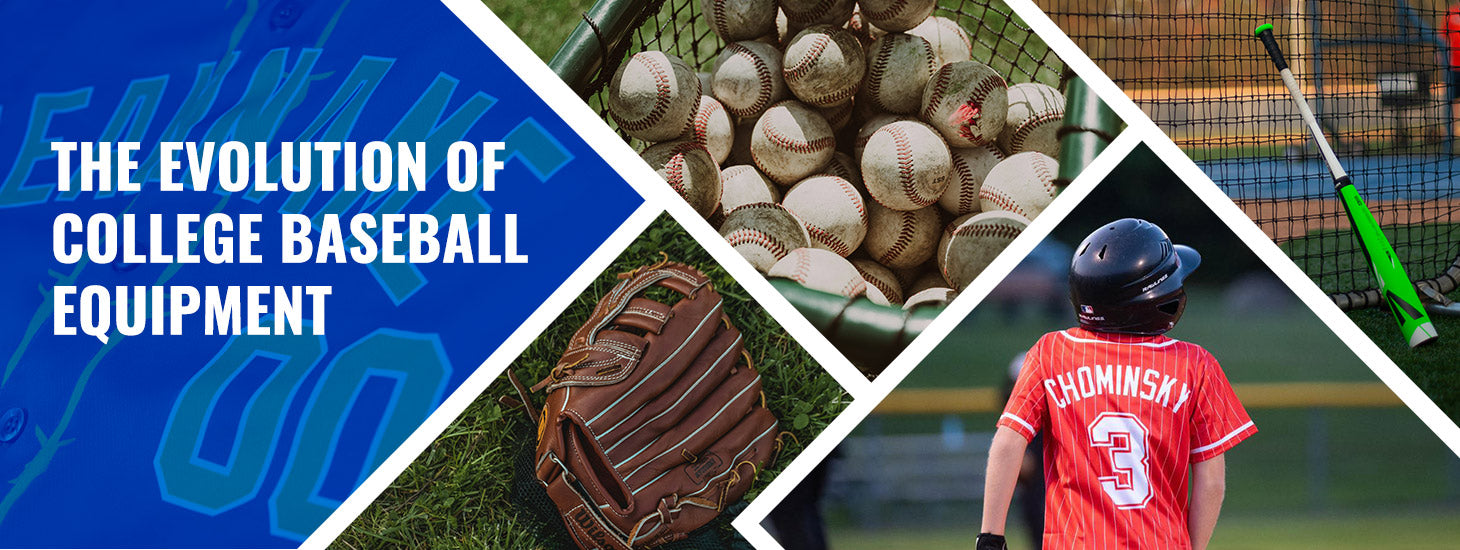Menu
-
-
- Home
-
Best Seller
-
Baseball
- Best Seller
- New Arrivals
- Classic Style
- Stripe Fashion
- Gradient Fashion
- Split Fashion
- Raglan Sleeves
- American Flag
- Graffiti Pattern
- Pullover
- Two-Button
- Rhombus
- City Edition
- Sleeveless
- Camo
- Color Block
- Texas State Flag
- Thorns Ribbed
- Christmas
- Aqua
- Black
- Brown
- Cream
- Crimson
- Dark Gray
- Gold
- Gray
- Green
- Kelly Green
- Khaki
- Light Blue
- Light Red
- Navy
- Neon Green
- Orange
- Pink
- Powder Blue
- Purple
- Red
- Royal
- Teal
- White
- Yellow
-
American Football
- Best Seller
- New Arrivals
- Classic Style
- Drift Fashion
- Gradient Fashion
- Raglan Sleeves
- American Flag
- Camo
- Aqua
- Black
- Brown
- Burgundy
- Cardinal
- Gold
- Gray
- Green
- Kelly Green
- Light Blue
- Midnight Green
- Navy
- Neon Green
- Old Gold
- Olive
- Orange
- Panther Blue
- Pewter
- Pink
- Powder Blue
- Purple
- Red
- Royal
- Scarlet
- Silver
- Teal
- Vegas Gold
- White
- Yellow
-
Basketball
- Best Seller
- New Arrivals
- Classic Tops
- Reversible Tops
- Gradient Fashion Tops
- Graffiti Pattern Tops
- Split Fashion Tops
- Stripe Fashion Tops
- Classic Sets
- Reversible Sets
- Gradient Fashion Sets
- Graffiti Pattern Sets
- Color Block Sets
- Sequined Dress
- Aqua
- Black
- Blue
- Brown
- Cream
- Crimson
- Dark Gray
- Gold
- Gray
- Green
- Hunter Green
- Kelly Green
- Khaki
- Light Blue
- Light Pink
- Maroon
- Navy
- Neon Green
- Olive
- Orange
- Powder Blue
- Purple
- Red
- Royal
- Teal
- White
- Yellow
-
Football
-
Jacket
- Best Seller
- New Arrivals
- Classic Style
- Split Fashion
- Gradient Fashion
- Stripe Fashion
- Raglan Sleeves
- Graffiti Pattern
- Two Tone
- Waterproof Softshell
- Hoodie Jacket
- Color Block
- Full Zip
- City Connect
- Camo
- Christmas
- Aqua
- Black
- Brown
- Crimson
- Gold
- Gray
- Green
- Kelly Green
- Khaki
- Light Purple
- Midnight Green
- Navy
- Old Gold
- Olive
- Orange
- Pink
- Powder Blue
- Purple
- Red
- Royal
- Texas Orange
- White
-
Hockey
-
Hoodie
-
T-shirt
-
More
- Bulk Order Program
- +1 785-218-7244
- Login

Why Baseball Is One of America’s Favorite Sports
February 10, 2025 4 min read

Baseball is more than just a sport in America—it’s a cultural phenomenon. Often referred to as “America’s pastime,” baseball has played a significant role in shaping the country’s sports culture, economy, and national identity. From its humble beginnings in the 19th century to becoming a multi-billion dollar industry today, baseball remains one of the most beloved sports in the United States. But what makes it so special? Let’s dive into the history, expansion, and lasting impact of baseball in America.
1. The Birth of Baseball in America
Baseball’s origins can be traced back to the early 19th century when various bat-and-ball games were played in the U.S. However, the sport truly started to take shape in 1845, when Alexander Cartwright, a New York-based player, developed the first official rules of baseball.
The first recorded baseball game under these new rules was played in 1846, with the New York Knickerbockers facing off against a local team in Hoboken, New Jersey. This game laid the foundation for modern baseball, including the concept of three strikes, nine innings, and bases positioned in a diamond shape.
By the late 1800s, baseball had grown significantly, leading to the formation of the National League (NL) in 1876 and later the American League (AL) in 1901. These leagues would eventually merge to form Major League Baseball (MLB) in 1903, establishing the framework for professional baseball as we know it today.
2. Baseball’s Expansion Across America
As America grew, so did baseball. By the early 20th century, baseball had become an integral part of American life, with teams emerging in major cities across the country.
Factors that contributed to baseball’s widespread popularity included:
A. Radio and Newspaper Coverage (1920s-1940s)
· The rise of radio broadcasting in the 1920s allowed fans to follow their favorite teams and players even if they couldn’t attend games in person.
· Newspaper sports sections further fueled interest by providing game recaps, player interviews, and statistics.
B. The Golden Age of Baseball (1940s-1960s)
· Baseball legends like Babe Ruth, Jackie Robinson, and Ted Williams helped elevate the sport to new heights.
· In 1947, Jackie Robinson broke Major League Baseball’s color barrier, becoming the first African American player in MLB history. His presence revolutionized the game and opened the door for greater diversity in professional sports.
C. The Television Boom (1950s-1970s)
· With the advent of television, baseball reached millions of new fans.
· The World Series became a national event, with millions tuning in to watch teams battle for the championship.
3. Baseball’s Cultural and Economic Impact
Baseball is more than just a sport—it has a deep cultural and economic impact on American society.
A. Baseball’s Role in American Culture
· The American Dream: Baseball represents hard work, perseverance, and opportunity—values deeply ingrained in American culture.
· Traditions: From the seventh-inning stretch to singing “Take Me Out to the Ball Game,” baseball traditions have become a staple of American sports.
· Hollywood and Baseball: Movies like Field of Dreams, The Sandlot, Moneyball, and 42 showcase baseball’s emotional and historical significance.
B. The Business of Baseball
· MLB is a multi-billion dollar industry, generating revenue through ticket sales, TV contracts, sponsorships, and merchandise.
· Baseball stadiums like Fenway Park (Boston) and Wrigley Field (Chicago) attract millions of visitors each year, contributing to local economies.
4. Why Baseball Remains Popular Today
Despite the rise of other sports like football and basketball, baseball continues to thrive. Here’s why:
A. MLB’s Adaptation to Modern Audiences
· MLB has embraced social media, streaming services, and advanced statistics (sabermetrics) to engage new generations of fans.
· The introduction of the pitch clock and other rule changes have helped speed up the game, making it more appealing to younger audiences.
B. The Power of Youth Baseball
· Little League and high school baseball remain extremely popular across the U.S., fostering a love for the game from an early age. Because of this, custom baseball uniforms have become a growing trend among teams, allowing players to showcase their unique identities and team spirit.
· College baseball and the College World Series provide a pathway for young athletes to reach the professional level.

C. The Globalization of Baseball
· Baseball is expanding beyond the U.S., with strong fan bases in Japan, South Korea, the Dominican Republic, and Latin America.
· The World Baseball Classic (WBC) has helped grow baseball’s international reach.
5. The Future of Baseball in America
Baseball continues to evolve, with new rules, new technology, and a growing global presence. Whether you’re a lifelong fan or a newcomer to the game, baseball’s history and cultural significance make it one of the most treasured sports in America.
Conclusion
Baseball has been an essential part of American culture for nearly two centuries. From its early days with the Knickerbockers to the global phenomenon it is today, baseball continues to capture the hearts of millions. Its deep history, traditions, and impact on American life ensure that it will remain a beloved sport for generations to come.
Whether you’re watching an MLB game, playing in a youth league, or simply enjoying the nostalgia of the sport, baseball will always be America’s pastime.
Leave a comment
Comments will be approved before showing up.
Also in Baseball

The Role of Customized Baseball Jerseys in College Baseball Recruiting
March 20, 2025 3 min read
Research and industry trends show that high-quality custom jerseys can play a significant role in team branding, player confidence and recruiting success.

The Evolution of College Baseball Equipment
March 17, 2025 4 min read
From early wooden bats and simple uniforms to today’s high-tech gear designed for maximum performance and safety, the transformation of college baseball equipment reflects the sport’s growth and modernization.

Why Baseball Sliding Shorts Are a Must-Have for Players
March 03, 2025 3 min read
Sliding shorts protect the legs, hips and thighs while maintaining mobility and comfort, reducing the risk of scrapes and bruises from intense sliding on dirt and turf.
